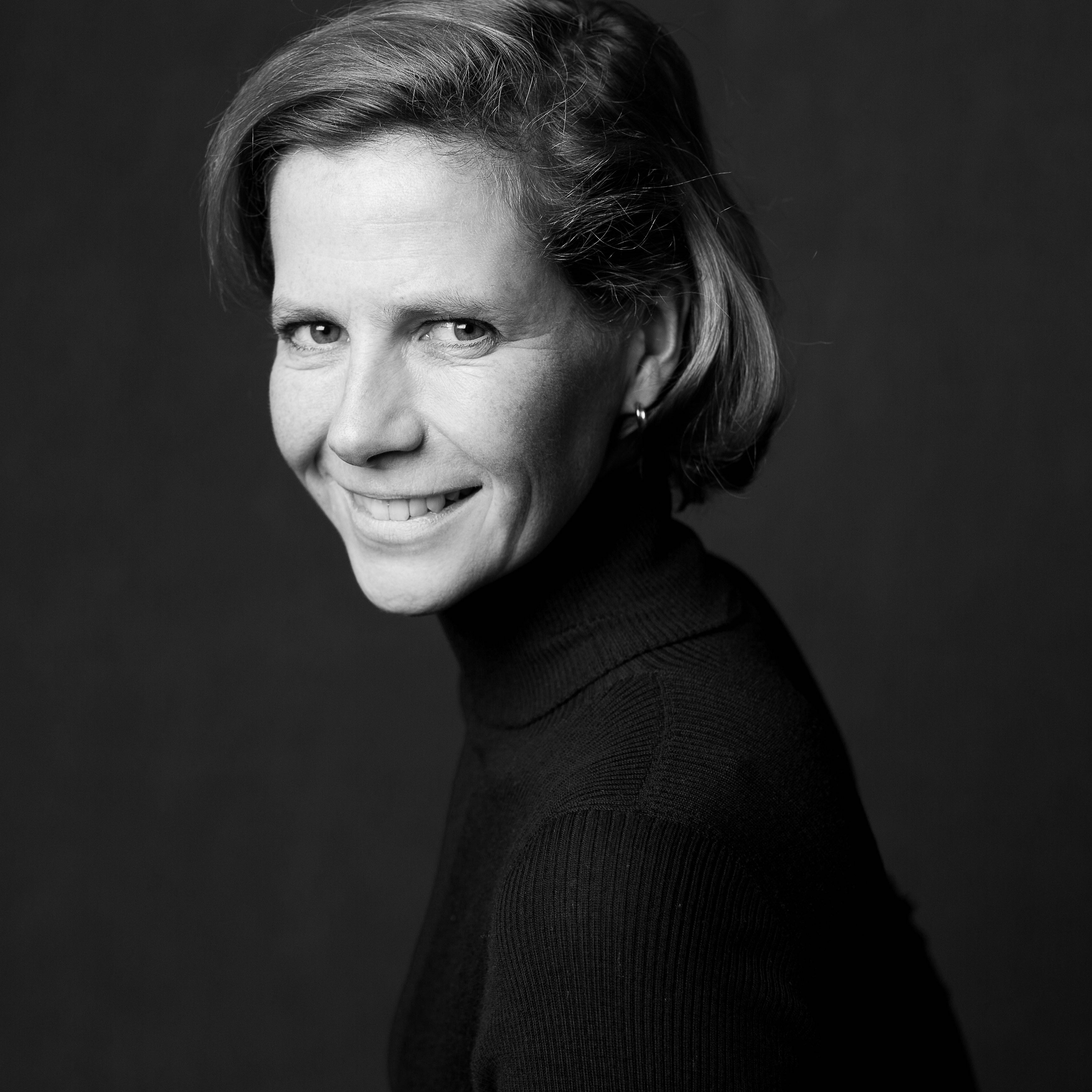Category: Medicine
-
Vaccine wars
A new law takes force in France on 1 January to up the number of mandatory childhood vaccines to 11 from three. It has provoked a polemic, but the law is sound. If there is a problem here, it is the neglect by officials of the main drivers of vaccine hesitancy… This article first appeared…
-
We don’t want to know what will kill us
WHEN, in 1996, French nun Mariannick Caniou found out she didn’t have Huntington’s disease, the lethal, degenerative genetic disorder, she fell into a depression. Throughout her life, she had been convinced that she would develop the illness that had killed her mother and grandmother. So convinced, in fact, that all her most important decisions had…
-
Pope Francis champions Huntington’s disease
YOSBELY Soto Soto shares a corrugated iron hut with her two sons on the shores of Venezuela’s Lake Maracaibo. The heat inside has been unbearable since her husband left her a few years ago, taking the air conditioner with him. The 32-year-old has to beg for food to feed herself and her children, something made…
-
On death and glaciers
IN September 2013, I came home from the Italian Alps and asked my husband if he thought that, as a science journalist, I’d be covering the science of the First World War for the next four years. I had just attended what was surely the last funeral for unknown soldiers fallen in that war. There…
-
The Pope and Huntington’s disease
FRANKLIN Soto will develop Huntington’s disease (HD), a lethal genetic disorder that causes progressive mental and physical deterioration and for which there is no cure. His two sisters already have it. His wife died of the disease last year, and his three-year-old daughter has a 75 per cent chance of developing it. Franklin’s was among…
-
Monuments to catastrophe
THE history of humanity is punctuated with purges. Large numbers of people have died in short periods of time as a result of wars, disease and natural disasters. Once these have passed, it falls to the survivors to count the dead. This is never easy, but it is harder for some kinds of disaster than…
-
How crowds affect your health
GLASTONBURY 1997, the 2002 Winter Olympics in Salt Lake City, the pilgrimage to Lourdes in 2008: what do they have in common? All three were the backdrop to outbreaks of communicable disease, and so of interest to doctors working in mass gathering medicine. The goal of this relatively young field is to address the specific health…
-
Spheres of influenza
WHEN it comes to infectious diseases, Ebola and Zika have hogged the headlines of late. But the rise of exotic pathogens does not make more familiar ones less dangerous. Epidemiologists are therefore keeping a close eye on two versions of influenza, known as H5N1 and H7N9 (the “H” and the “N” refer to proteins in…
